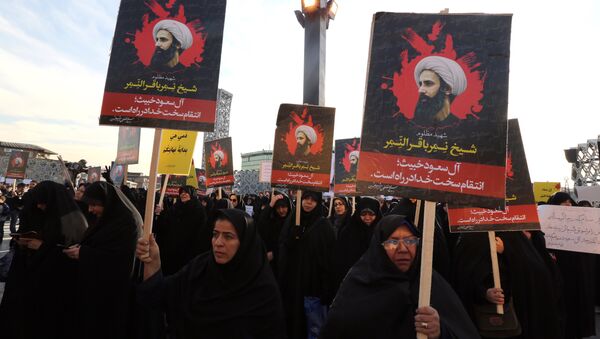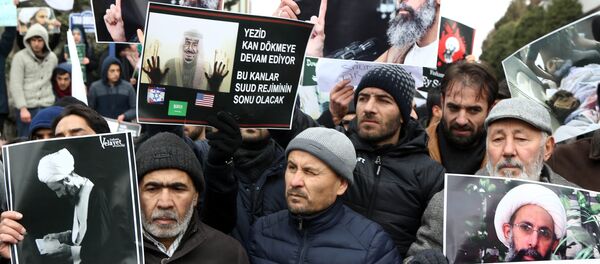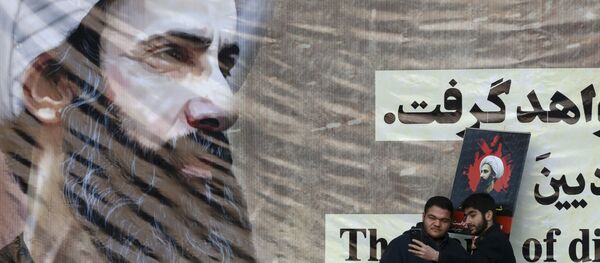The Saudi government’s decision to execute 47 people in a single day has drawn considerable criticism, particularly given that one of those individuals was Nimr al-Nimr, a prominent Shia cleric. In addition to causing a diplomatic crisis with Iran, the incident led to mass protests across the world.
According to leaked letter obtained by The Independent, the Saudi government was fully aware of the repercussions of its actions, but followed through with the executions anyway. The letter, issued by the head of the government’s security forces, was sent to regional chiefs in the areas where the executions took place, and was marked "very urgent."
It orders employees to cancel holiday plans and exercise "maximum precaution."
The document was obtained by human rights group Reprieve, who says that the letter proves the political nature behind the deaths.
"This letter shows the level of preparation the Saudi authorities went to ahead of Saturday, having predicted the outrage that would follow their politically-motivated executions of protesters," Maya Foa, head of the death penalty team at Reprieve, told The Independent.
"If the Saudi government really wants to prove itself on the international stage, it must stop torturing and executing protestors, and commit to fair, transparent trials."
Reprieve isn’t the first to suggest that Saturday’s executions were politically motivated. A new analysis from Eurasia Group attributes the Saudi government’s actions to its own waning influence.
"Saudi Arabia is in serious trouble, and they know it," Ian Bremmer, the president of Eurasia Group, told Business Insider.
The report states that "The Saudi Kingdom faces a growing risk of destabilizing discord within the royal family this year, and its increasingly isolated status will lead it to act more aggressively across the Middle East this year.
"More generally, expect an isolated and domestically weaker kingdom to lash out in new ways."
Saudi Arabia has come under fire for its increased reliance on capital punishment. In 2015, the kingdom killed over 150 people. Sentences are often handed down without fair trials, and the death penalty can be given for nonviolent crimes including adultery, apostasy, and blasphemy.




